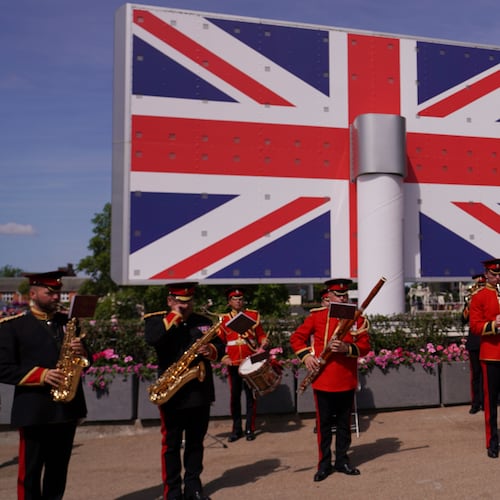The great debate over a war that ended 152 years ago goes on across the U.S., Georgia and metro Atlanta.
Protests continued last week, and monuments to long-dead leaders of the Confederacy remained on endangered-species lists or, in one instance, were draped in funereal black.
All of which is a powerful testimony to the terrible, and enduring, toll of America’s Civil War. Today, its uncanny ability to stir division among even well-meaning people remains seemingly as strong as it was from 1861 to 1865.
Georgia remains near the core of today’s movements to, alternately, tear down part of history — or bolster it, however stubbornly, in place. Georgia’s role in all this comes courtesy of the mammoth carving of Confederate heroes at Stone Mountain and even despite Atlanta’s role at the center of the Civil Rights movement that helped America gain ground in addressing a violent and unjust legacy of Jim Crow-era discrimination.
Lost on both sides, seemingly, is the need for a civil society to accept the past as it was, flaws and all. That can only come from accurately interpreting yesterday’s events and monuments for today’s citizenry.
In our view, that is different than, say, erecting a monument to Rev. Martin Luther King Jr. atop Stone Mountain. That would be a futile and confusing effort, likely to anger both sides. And they’d have a point if the sentiments behind the Confederacy, and later efforts to memorialize and even mythologize it, were not prominently addressed in straight-no-chaser fashion. That’s unlikely in today’s divided America.
Reaching any sort of common viewpoint on stone reminders of the Confederacy will require a continuing, robust exchange of viewpoints. We present today a pair of edited-for-space arguments on this issue. Among them is a plea from relatives of a vice president of the Confederacy. Longer versions appear on myAJC.com.
About the Author
Keep Reading
The Latest
Featured


